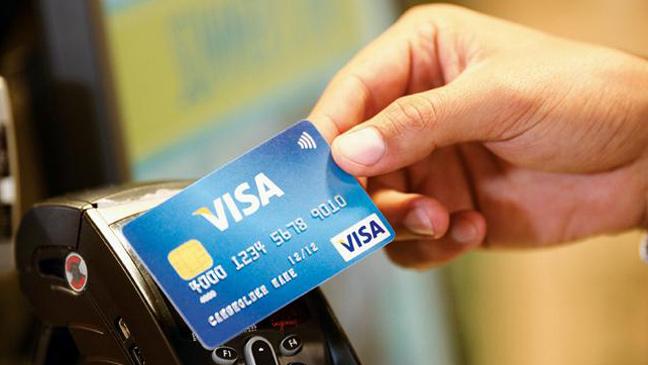Churches in the Archdiocese of Dublin are having difficulties with contactless payment card machines, with some saying the machines being trialed are “too difficult to use”.
Five churches in Dublin are part of the scheme aimed at giving parishioners more options when they decide to donate.
Co-PP of Dundrum Parish, Fr John Bracken whose church is one of the five, said that the Clover card machine they’re using is “not the right machine” as it’s “too difficult to use for some people”.
“They ask for your phone number or email to send you a receipt and that’s built into this particular machine and that puts people off. You can skip it, but it’s very hard to see as the skip is at the bottom of it.”
He said the archdiocese will be sending out a new contactless device that is currently being used in Westminster Cathedral in London.
Fr Bracken added that he has received many calls and expressions of interests about the scheme from other parishes.
However, he warned that the cost of hiring the machine is about €40 a month so “you probably would be having to get a high level of contributions to make it worth your while having it”.
Contactless
The people who would donate via contactless payments would generally not be regular Massgoers, he said, so parishes with higher levels of footfall would benefit more.
“It’s not the people who are coming to the Mass but people making one-off contributions,” said Fr Bracken, “It’s really for the casual Church-goers. Particularly in our Church in Dundrum people would call in to light a candle or say a prayer or so on.”
Fr Andrew O’Sullivan of St Mary’s Church in Sandyford, who are also trialing the technology, said that catering for contactless payments is especially helpful for people under 40 “who don’t carry cash”.
“But it’s at the very early stages and the technology and the devices have yet to improve to a sufficient degree that they could be used by more parishioners,” he added.
A source from the Pro Cathedral, which was one of the first churches to try-out the technology using it last year, said they were removed during the papal visit last August.
Anti-social behaviour was cited as the reason.


 Chai Brady
Chai Brady
